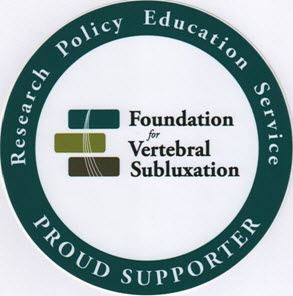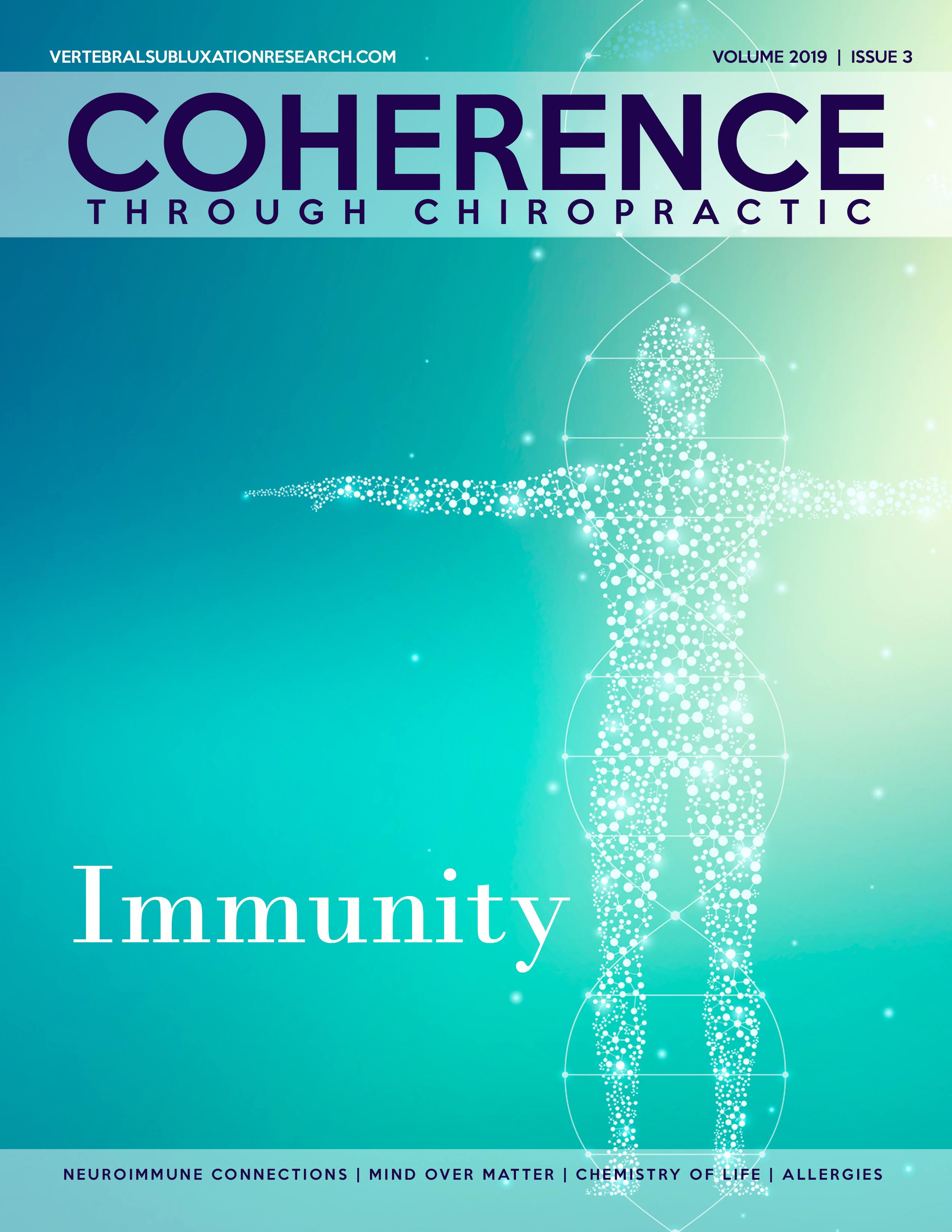Epidemiology – The science that cried ‘causation’ one too many times
Adrian Wenban, B.Sc., B.App.Sc., M.Med.Sc
Journal of Vertebral Subluxation Research ~ September 2001 ~ Volume 4 ~ Number 3 ~ Pages 75-77
Abstract
The science of epidemiology has emerged in part through the recognition of associations between environmental factors and the development of diseases.
The proponents of epidemiology point to a history marked by a number of notable successes, such as the discovery of the causal relationships of smoking to lung cancer and vinyl chloride to angiosarcoma. However, epidemiology has recently contributed little more than an endless stream of inconclusive and contradictory studies which have led to the question being asked, “Has epidemiology reached it’s limits?”
In fact, the widespread recognition of the poor quality that marks much epidemiological research has lead to harsh criticism from other branches of science and some deep introspection amongst epidemiologists. Take for example what turned out to be the most provocative and talked about session at the 2001 Congress of Epidemiology (This was the first North American joint meeting sponsored by four major epidemiology organizations on the 13-16 of June in Toronto). The session was entitled “The Need To Improve Study Design, Analysis, And Reporting In Risk Factor Epidemiology.” It was provocative because it included criticisms of epidemiologists and called for practitioners of epidemiology to be more explicit about the many uncertainties surrounding their results and conclusions. Presented during the session were papers by Sander Greenland (chair) on why “Data Say Nothing About Epidemiologic Associations,” and Charles Poole on “Why Published Epidemiology Is Really Junk Science.”







